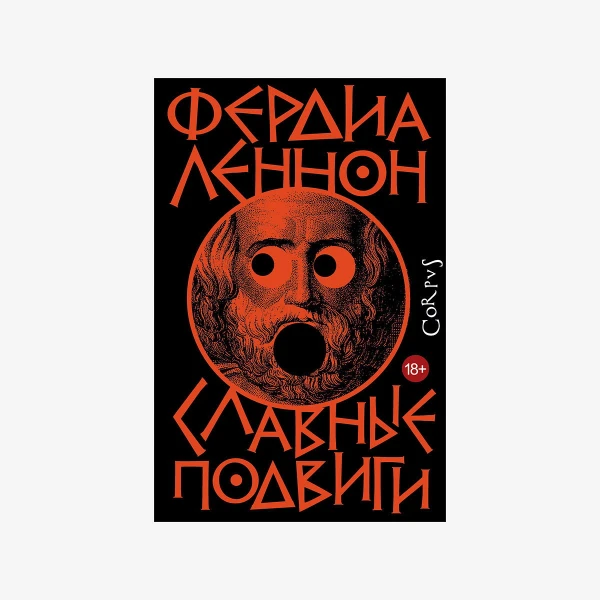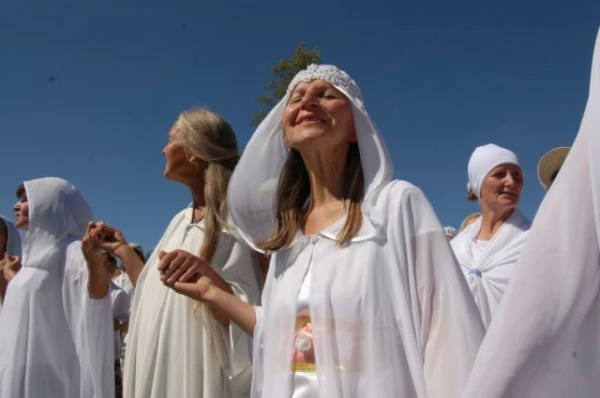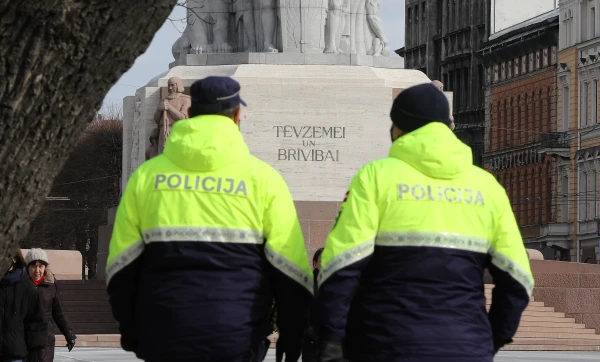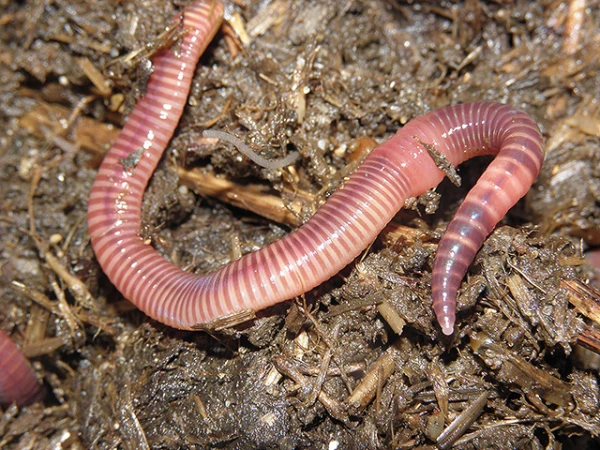
Ferdia Lennon, "The Glorious Deeds". Moscow: Corpus, 2025.
A Russian and an Irishman are like twin brothers. At least, from the perspective of their export image. The whole world knows that both they and we drink boundlessly, are strong in literature, are boisterous when drunk, that our souls are broad and mysterious, and that organized crime is epic.
And What’s the Difference?
The fundamental difference lies in how the world perceives them and us. We won’t even touch on the topic of how Russians are viewed, so as not to spoil the mood. But the world adores the Irish. Even when they are drunk. Even when they are engaged in self-harm and arson due to the mysterious nature of their souls, like the characters of Martin McDonagh.
What usually frightens people about Slavs evokes astonished respect for Celts. Namely, the propensity for extremes, for combining the incompatible. High spirituality with fierce trash. Tragedy with farce. It doesn’t matter whether this truly distinguishes our nations – what matters is that the nations themselves exploit such a reputation with pleasure and to their advantage. Take McDonagh, for example.
Prose writers are widely developing the same vein. Even the ancient Greeks in the novel of a contemporary Irish writer express themselves and partly behave like stereotypical modern Irishmen. This is one of the most striking features of "The Glorious Deeds" by Dublin native Ferdia Lennon – a debut text that made it to the shortlists of a dozen awards in various countries, won half a dozen prizes, and was immediately named the best novel of the year by a Russian critic after the publication of its Russian translation.
The Saving Role of Art
In reviews of it, Euripides and McDonagh are mentioned in the same breath – the former as one of the founders of the tragicomedy genre, the latter as its modern king.
By the way, Lennon is only half Celtic, on his mother’s side; on the other side, he is a Lebanese Arab. But he knew exactly in which genre to debut. "Deeds" is a mix of ancient tragedy and farce.
Euripides also has a direct relation to the plot of the novel. Plutarch mentioned the playwright while recounting how the Athenians suffered a terrible defeat by the Sicilians at Syracuse during the Peloponnesian War. The victors enslaved the captives and treated them inhumanely – but some Athenians, according to Plutarch, saved their lives thanks to their fellow countryman Euripides.
Allegedly, his works were so popular in Sicily that one could be fed for reciting tragedies, and in the best case, even granted freedom. In Lennon’s novel, two marginalized Syracusans stage Euripides' "Medea" with the help of captured Athenians. Thus, the question of the saving role of art is posed here not metaphorically, but literally.














